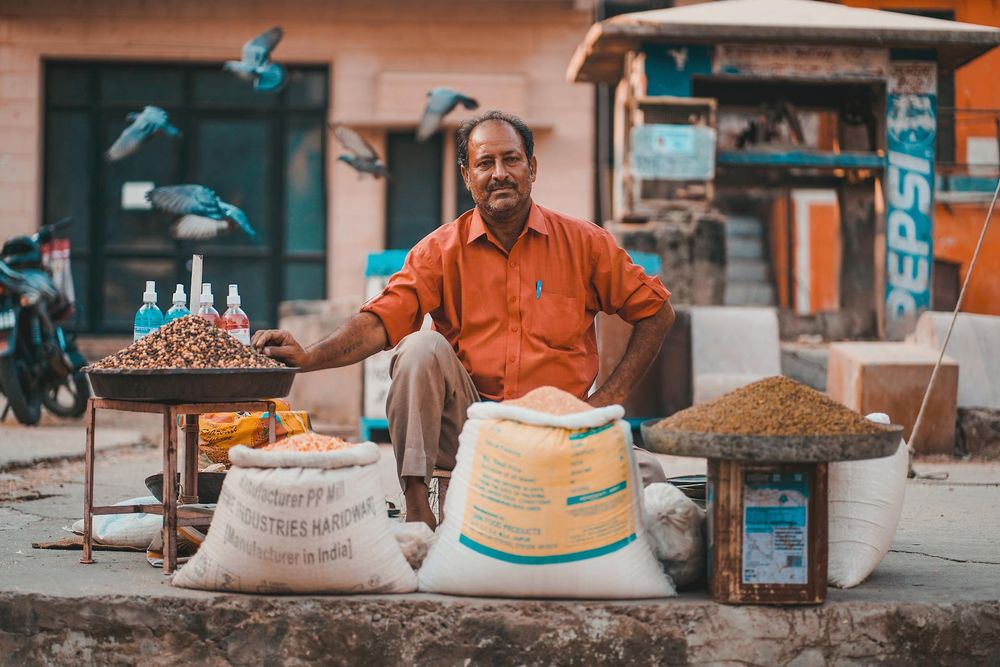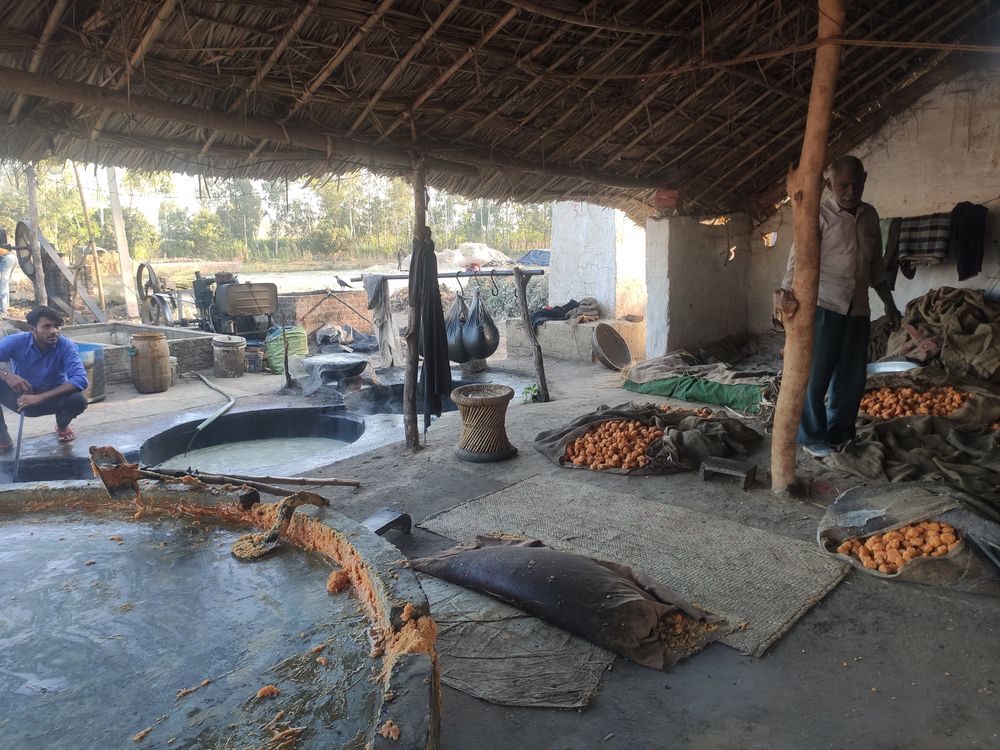Understanding the Interest Subvention Scheme
Introduction:
- In the realm of agricultural finance, the Interest Subvention Scheme stands out as a crucial policy tool aimed at bolstering the financial well-being of farmers across India. Designed to alleviate the burden of high-interest rates on agricultural loans, the scheme plays a pivotal role in ensuring farmers have access to affordable credit. In this article, we delve into the intricacies of the Interest Subvention Scheme, offering a comprehensive understanding of its mechanisms, benefits, and implications.
What is the Interest Subvention Scheme?
- The Interest Subvention Scheme is a government initiative introduced to provide financial relief to farmers by subsidizing the interest rates on agricultural loans. Under this scheme, eligible farmers can avail short-term credit at significantly reduced interest rates, thereby facilitating their agricultural activities and promoting rural prosperity.
Key Components of the Scheme:
- Targeted Interest Rates: The scheme aims to provide short-term credit to farmers at concessional interest rates, typically around 7% per annum, with an upper limit on the principal amount.
- Subsidy Allocation: The government allocates funds to provide interest subventions to banks, including Public Sector Banks, Regional Rural Banks (RRBs), Co-operative Banks, and, more recently, Private Sector Banks operating in rural areas.
- Timely Repayment Incentives: To encourage prompt repayment behavior among farmers, the scheme offers additional subventions ranging from 1% to 3% for timely loan repayment.
- Relief for Calamity-Affected Farmers: Farmers impacted by natural calamities are provided relief through a 2% interest subvention on restructured crop loans for the first year.
- Support for Diversified Farming: The scheme extends its benefits to farmers engaged in animal husbandry and fisheries, offering interest subventions on working capital loans.
Implications and Benefits:
- Financial Inclusion: By making credit more affordable and accessible, the Interest Subvention Scheme promotes financial inclusion among rural farmers, empowering them to invest in agricultural inputs and enhance productivity.
- Risk Mitigation: The scheme mitigates the financial risks associated with farming by reducing the cost of borrowing, thereby enhancing the resilience of farmers against market fluctuations and unforeseen challenges.
- Sustainable Agriculture: Affordable credit encourages adoption of modern farming practices, sustainable agriculture techniques, and investment in agri-infrastructure, contributing to long-term agricultural growth and food security.
- Socio-Economic Development: Access to affordable credit enables farmers to improve their livelihoods, invest in education, healthcare, and other essential amenities, thereby fostering socio-economic development in rural areas.
Challenges and Future Outlook:
- While the Interest Subvention Scheme has proven instrumental in supporting farmers, challenges such as timely disbursal of funds, effective implementation, and targeting of beneficiaries remain. Moving forward, there is a need for enhanced transparency, technological integration, and synergy among stakeholders to maximize the scheme's impact and reach.
Conclusion:
- The Interest Subvention Scheme stands as a cornerstone of agricultural finance in India, offering a lifeline to millions of farmers across the country. Through subsidized credit, timely incentives, and relief measures, the scheme embodies the government's commitment to rural prosperity and agricultural development. As we navigate the complexities of a rapidly evolving agrarian landscape, the continued refinement and expansion of the Interest Subvention Scheme are paramount to ensuring the resilience and sustainability of Indian agriculture.
Some More Important Information:-
The measures outlined in the budget speeches and subsequent government instructions aim to provide financial support and incentives to farmers in various aspects of agricultural credit. Here's a breakdown of the key points:
Interest Subvention on Short-Term Crop Loans:
- The government introduced a scheme to provide short-term credit to farmers at a reduced interest rate of 7% per annum, with an upper limit of Rs. 3.00 lakh on the principal amount.
- Public Sector Banks, Regional Rural Banks (RRBs), Co-operative Banks, and Private Sector Banks (from 2013-14 onwards) are covered under the scheme.
- Initially, there was a 2% interest subvention, which was later reduced to 1.5% for the fiscal years 2022-23 and 2023-24.
Incentive for Prompt Repayment:
- Additional subvention ranging from 1% to 3% is provided to farmers for prompt repayment of loans, depending on the fiscal year.
- This incentive encourages farmers to repay their loans on time.
Relief for Farmers Affected by Natural Calamities:
- In case of natural calamities, a 2% interest subvention is provided to banks for the first year on restructured crop loans.
- Normal interest rates apply from the second year onwards as per RBI policy.
Interest Subvention on Loans Against Negotiable Warehouse Receipts:
- Farmers are encouraged to store their produce in warehouses against negotiable warehouse receipts by providing concessional loans.
- A 2% interest subvention is available to banks on their funds for extending credit support to small and marginal farmers with Kisan Credit Cards.
Interest Subvention on Working Capital for Animal Husbandry and Fisheries:
- The interest subvention scheme on Kisan Credit Cards issued to crop loan farmers is extended to those involved in animal husbandry and fisheries from 2018-19.
- Farmers in these sectors can avail of a 2% interest subvention on loans up to Rs. 2 lakh, with an additional 3% incentive for prompt repayment.
- The total limit for interest subvention is Rs. 3 lakh per annum for farmers involved in both crop production and animal husbandry/fisheries.
Restriction to Kisan Credit Cards (KCCs):
- Interest subvention and prompt repayment incentives are available only against Kisan Credit Cards starting from April 1, 2020.
These measures collectively aim to alleviate the financial burden on farmers, provide timely credit support, and incentivize responsible loan repayment behavior.
FAQs:
What are interest subvention schemes?
- The interest subvention scheme for farmers is designed to offer short-term credit at subsidized interest rates, aiming to alleviate financial burdens and facilitate agricultural activities.
What is 2% interest subvention scheme for MSMEs?
- Under this scheme, interest relief is provided on the outstanding loans or balance of the MSMEs at a rate of 2% per annum, calculated from the date of loan disbursal or the notification date of this scheme, whichever is later.
What is the mission interest subvention scheme?
- Interest subvention of 2% to banks and 3% to farmers as a prompt repayment incentive is extended on short-term loans up to Rs. 2 lakh to animal husbandry and fisheries farmers, in addition to the existing Kisan Credit Card (KCC) for crop loans. These benefits are provided provided the loans are extended by banks at an interest rate of 7% per annum.
What is subvention benefit?
- Subvention refers to a grant or monetary support provided by the government for assistance or aid. Subvention schemes are commonly utilized in the real estate sector, and you often come across mentions of subvention schemes in real estate advertisements.
What is interest subvention rate?
- Subvention refers to a grant or monetary support provided by the government for assistance or aid. Subvention schemes are commonly utilized in the real estate sector, and you often come across mentions of subvention schemes in real estate advertisements.
What is the difference between interest subsidy and interest subvention?
- A subsidy is a grant, typically from the government, aimed at boosting production and consumption. It involves the government covering a portion of the cost of producing certain goods or services. On the other hand, a subvention scheme offers relief in the buyer's loan interest burden but does not provide anything for free.
What is modified interest subvention scheme?
- The Modified Interest Subvention Scheme (MISS) is a variation that provides short-term agriculture loans up to Rs. 3.00 lakh through Kisan Credit Cards (KCC) at a fixed interest rate of 7%. MISS extends its coverage to activities such as Animal Husbandry, Dairy, and Fisheries.
We hope that you like this content and for more such content Please follow us on our social site and YouTube and subscribe to our website.
Manage your business cash flows and payable/receivables using our Bahi Khata App


